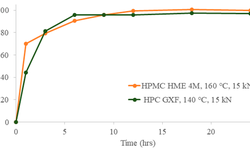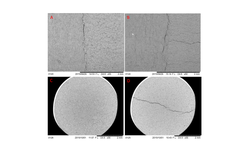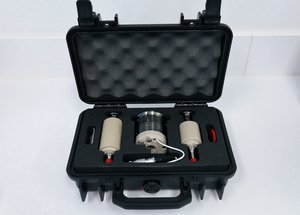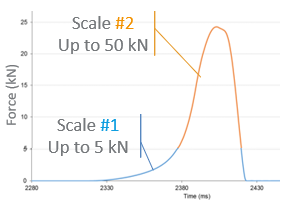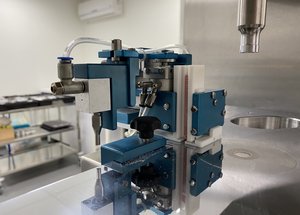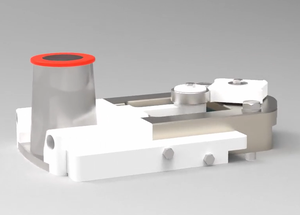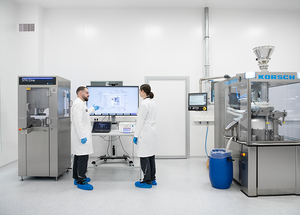Scientific papers
Capping, a common defect in pharmaceutical tablet manufacturing, has been associated with a decrease in the unloading speed during the manufacturing cycle, as indicated by several studies. Building on this concept, this study investigates the impact of the unloading step on capping using a compaction simulator.
By precisely measuring die wall pressure, the study identified that tablets experienced capping immediately after unloading, within a few milliseconds. To assess the influence of unloading speed on capping, a two-step unloading phase controlled by three manufacturing parameters was developed. Mitigating capping was achieved by reducing the speed at which contact between the punches and the tablet was lost. The occurrence of capping appeared to be linked to dynamic effects associated with the release of axial pressure. Modifications to the unloading step to alleviate capping resulted in significant changes in tablet density, while no clear trends were observed for residual die-wall pressure and tablet strength.
This research enhances our understanding of capping, and the introduction of a two-step unloading cycle provides new insights into potential modifications that could be implemented on rotary presses to mitigate capping.
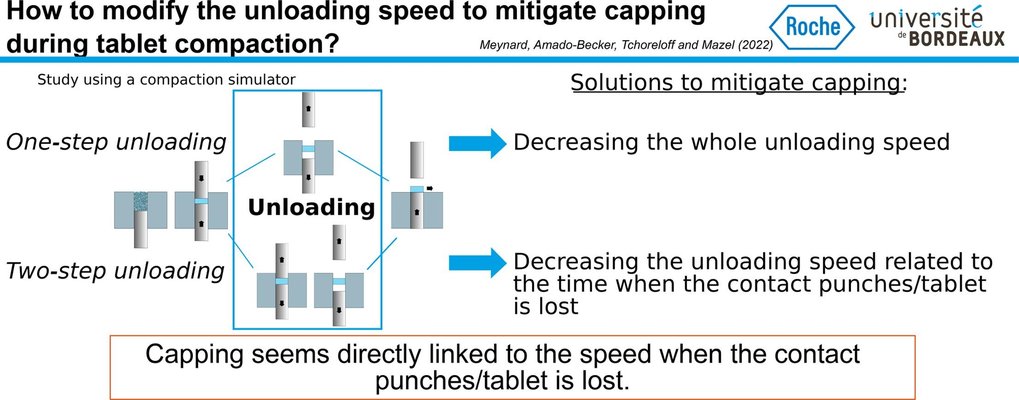
Comments
No comments posted yet.
Add a comment

